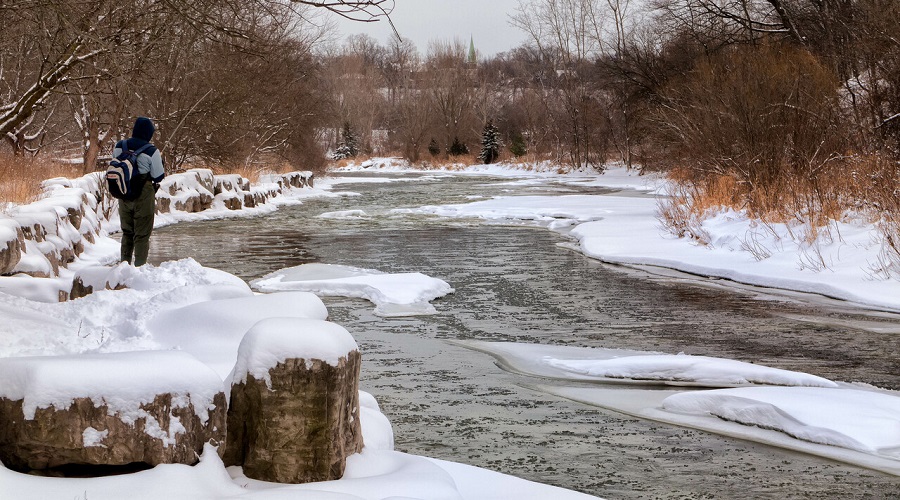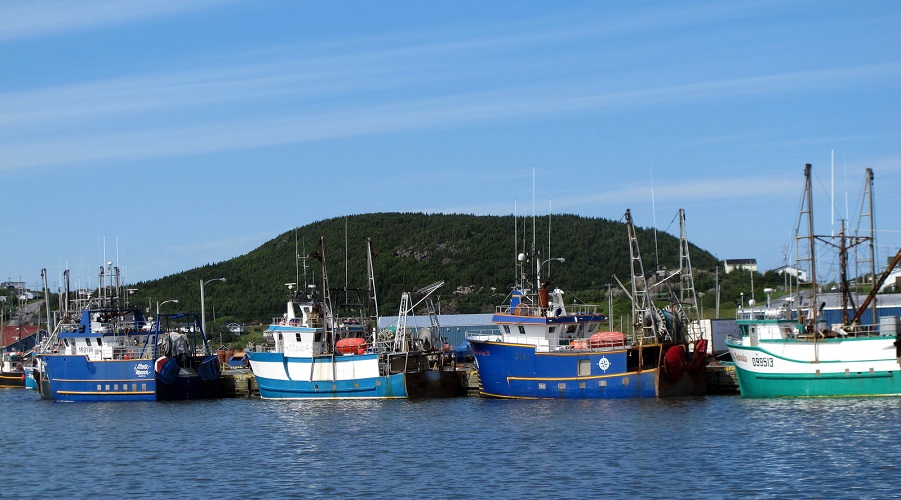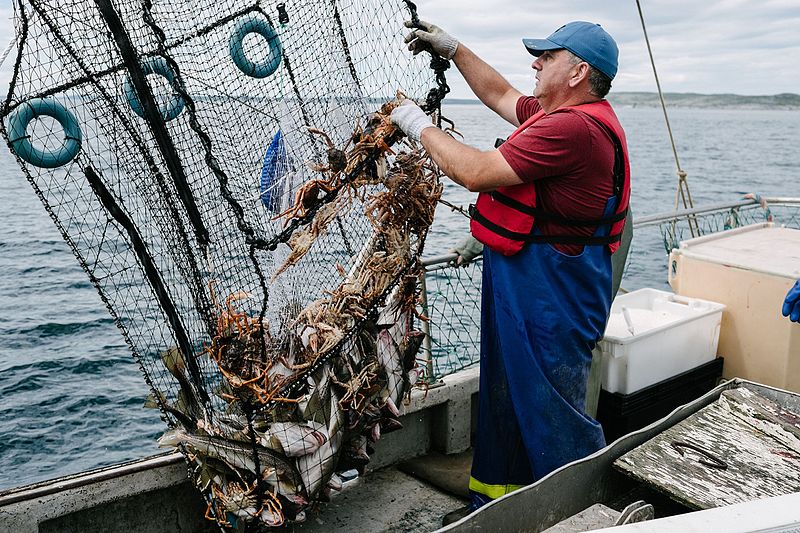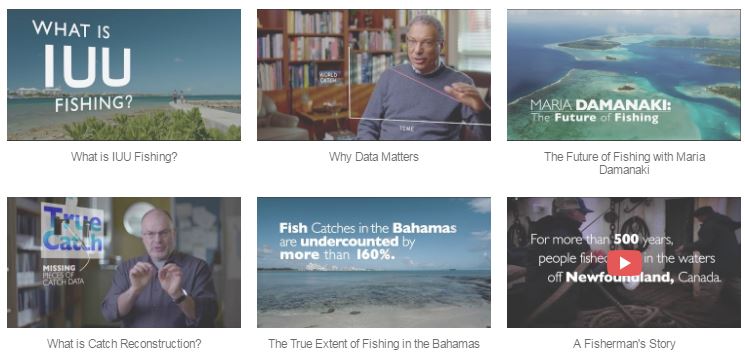
River fishing in Ontario, Canada. Photo from Pxhere.
The Sea Around Us has published the first product in a massive undertaking that started in 2022: reconstructing the world’s freshwater fisheries catches.

River fishing in Ontario, Canada. Photo from Pxhere.
The Sea Around Us has published the first product in a massive undertaking that started in 2022: reconstructing the world’s freshwater fisheries catches.

Oceana Canada released its fifth annual Fishery Audit, a document that assesses the current state of Canada’s fisheries and fisheries management, tracks progress from 2017 to 2021 and provides recommendations to meet federal policy commitments to return wild fish populations to abundance.

A simple fish stock assessment model applied to over 500 years of catch data demonstrated that if Canadian authorities had allowed for the rebuilding of the stock of northern Atlantic cod off Newfoundland and Labrador in the 1980s, annual catches of about 200,000 tonnes could have been sustained.
On French National Day, July 14, 2017, the Sea Around Us Principal Investigator, Daniel Pauly, woke up to some exciting news: President Emmanuel Macron had issued a decree naming him Chevalier de la Légion D’Honneur.
Later that day, Pauly received a phone call from the French consulate in Vancouver. He was told that the Ministry of Foreign Affairs had nominated him in recognition of his work researching the impacts of fisheries on marine ecosystems.
The Chevalier is a distinction in France’s National Order of the Legion of Honour and it is granted, for life, to individuals with a minimum of 20 years of public service or 25 years of professional activity with “eminent accomplishments.” Knights belong to The Order of Merit, which was created in 1963 by President Charles de Gaulle.
Following months and weeks of excitement and preparation, on November 16, 2017, the knighting ceremony was held at the University of British Columbia’s Peter Wall Institute for Advanced Studies. Daniel’s family, closest friends, colleagues, and students were joined by a select group of diplomats, dignitaries, famous environmentalists, and university representatives for the special occasion.

Researching and reporting on overfishing and underreported fish catches is not an easy task.
Nevertheless, for the past 18 years, the Sea Around Us has taken on this mission and nowadays its global reconstructed catch data has become a point of reference for scientists, conservation practitioners, fishers, and fisheries managers across the world.
But getting this information and the associated implications to the general public, and inspiring people to take action on it, is a whole different story. Fortunately, filmmaker Alison Barrat, from the Khaled Sultan Living Oceans Foundation, understood how important it is to spread the word about the true amount of fish we are taking out of our oceans and, with the support of the Smithsonian Channel, Rare and the Sea Around Us, produced and directed the documentary An Ocean Mystery: The Missing Catch.